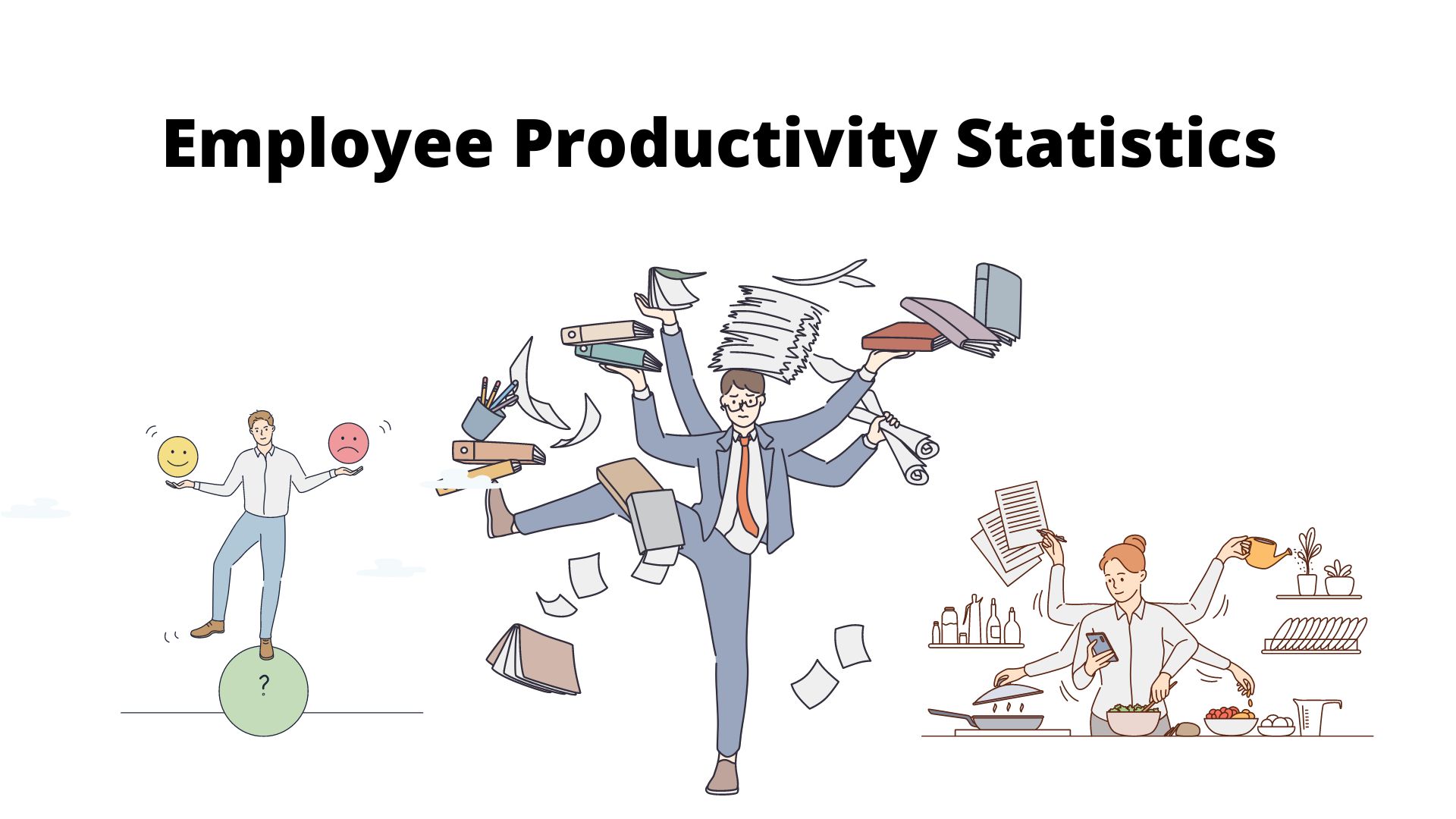Shoppers Show Confidence in Internet for Holidays
Nearly 29 million people bought gifts online during the 2001 holiday shopping season, a study from the Pew Internet & American Life Project found, and women did most of the buying.
The average amount spent online was $392 per person, the study found, up from an average of $330 spent by approximately 20 million shoppers during the 2000 holiday season.
More than half (58 percent) of those who bought holiday gifts online were women in 2001. And more shoppers of either gender claimed to have saved time and money by purchasing goods online. Fewer online shoppers complained about or worried about the potential hassles of purchasing goods online.
Overall, the number of people willing to shop online continued to grow during the holiday season. According to the Pew study, 58 percent of Internet users have ever bought a product online, up from 51 percent last year at this time. That represents a jump of 11 million in the online shopping universe as it grew from 53 million adults in the holiday season in 2000 to 64 million this holiday season.
Almost one-third of online holiday shoppers (32 percent) did at least some Internet gift buying while at work, up from 26 percent last year.
Consumer confidence, which has been a big concern with the U.S. economy in recession, appears to be increasing online. The Yahoo!/ACNielsen Internet Confidence Index, a quarterly study designed to measure confidence levels in Internet products and services, rose one point over a special edition fielded in early October to gauge Internet confidence after Sept. 11.
Since the launch of the Internet Confidence Index in June 2001, its results have shown that consumers feel more confident about inputting their credit card information online, that they will receive good customer service from the online merchants and that the items they purchase online will be delivered in time. The Index indicates that 47 percent of the survey respondents intend to shop online during the first quarter of 2002, down 13 percentage points from the fourth quarter 2001. The anticipated slow down in frequency of shopping online (attributed to post-holiday sales activity) is mildly offset by the fact that the average dollar spend has increased slightly from $219 in the October study to $226 for the current study. According to the Index, consumers will spend nearly $15 billion online during the first three months of 2002.
“The increase in average intended spending per Internet user shows that Web retailers are becoming more and more accepted as part of the overall consumer shopping experience,” said Travyn Rhall, managing director, ACNielsen International Research. “It also demonstrates that Internet retailers are building loyal customer bases that are spending more and more money during their visits.”
The 2001 holiday season also offered some proof that even last-minute shoppers are taking to the Internet. In the week before Christmas, Jupiter Media Metrix found shopping traffic was not tailing off as it did in past years. But an increase in traffic could be a sign that last-minute shoppers are picking out gifts online and descending on the offline stores to buy. Other research suggests this isn't entirely the case, but that shoppers may be taking advantage of last-minute delivery options, brick-and-mortar stores that allow online shopping and in-store pick-up or online gift certificates that are delivered electronically.
According to BizRate.com the final online weekend of Christmas shopping reached an industry high of $345 million, up 73 percent compared to the same weekend last year. Sales on Saturday, Dec. 22 were up by 74 percent compared to the same day last year, and on Sunday, Dec. 23 — the official last day of online shopping before Christmas Day — sales grew by 83 percent. The last-minute Christmas shoppers are mostly men (52 percent for the weekend).
“While the 24th may be the last day of Christmas shopping offline, the 23rd is its online counterpart, and we have seen tremendous growth rates this weekend. Such a surge in last-minute online shopping indicates great consumer confidence about on-time delivery,” said Juliane Hearst, vice president of research at BizRate.com.

Michael Singer is a career coach, podcast host, and author to help you step into a career you're excited about. Currently, He is a coach and trainer helping entrepreneurs and executives achieve business and leadership success. He is also an award-winning business journalist focused on the intersection of technology, Big Data, Cloud, SaaS, SAP, and other trending technology.



